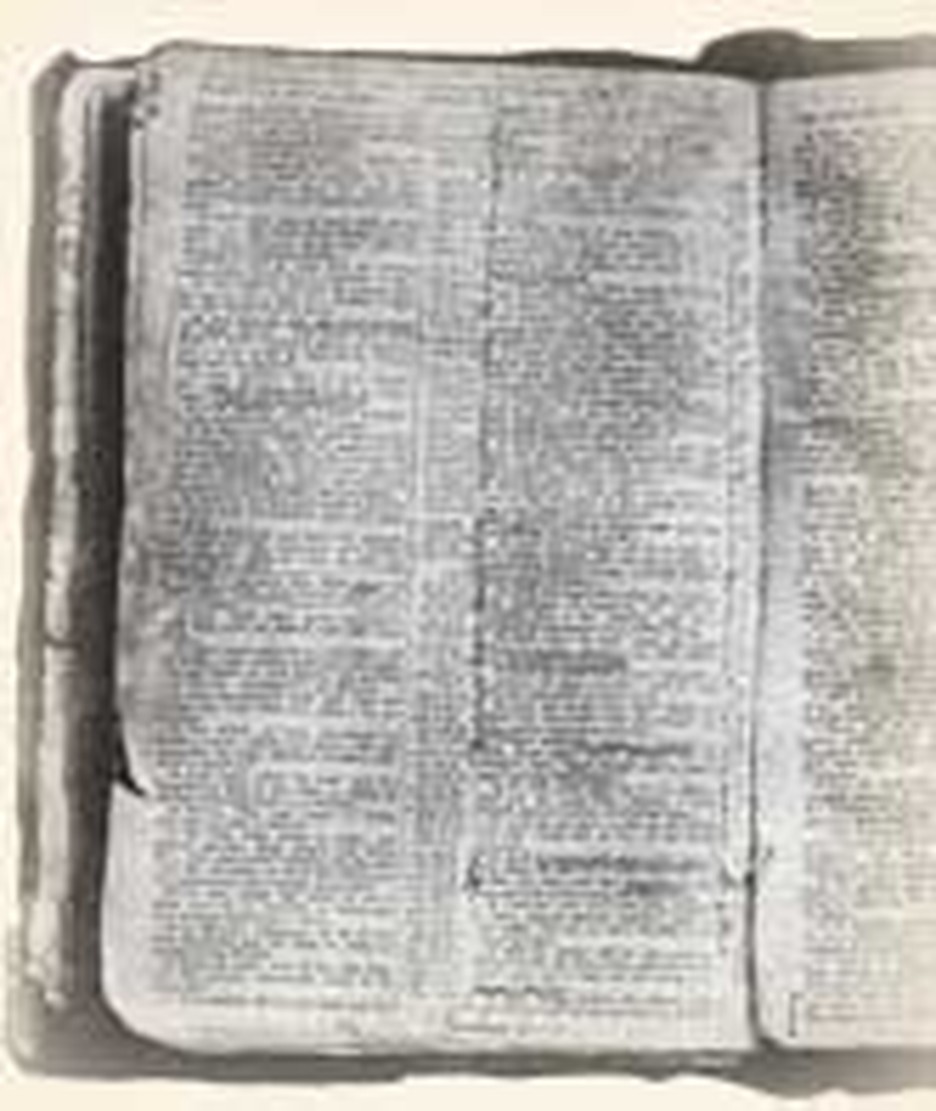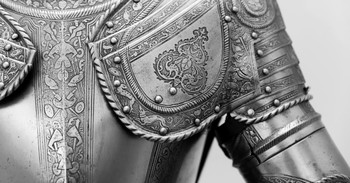
Bishop John Charles Ryle wanted his farewell message to his clergy to convey his deepest concerns. "Beware of divisions," he wrote on this day, February 1, 1900. "One thing the children of the world can always understand, if they do not understand doctrine; that thing is angry quarreling and controversy. Be at peace among yourselves."
Those words were vintage Ryle. John was born in England in 1816 into a home that considered itself Christian but was actually lukewarm. While out shooting, he cursed in the presence of an older man who rebuked him. "...He was the first person who ever told me to think, repent and pray," said John. During an illness, he spent many hours reading the Bible and thinking. A transformation came over his life through pondering Ephesians 2:8: "By grace are you saved through faith, and that not of yourselves, it is the gift of God."
He became a notable "low church" (evangelical) pastor in the Church of England. He was especially known for his clearly written tracts such as "Are You Born Again." His writings glinted with quotable sayings. For example, in his Expository Thoughts on the Gospel, he issued a solemn warning to those who think it is enough to be baptized and attend church. "A religion which costs nothing, and consists in nothing but hearing sermons, will always prove at last to be a useless thing." Another time he said, "Satan cares not how spiritual your intentions may be, nor how holy your resolutions, if only they are fixed for tomorrow!"
John took his stand on a belief that the Bible is inspired from cover to cover. "Give me plenary [complete in every respect], verbal inspiration with all its difficulties, rather than the doubt. I accept the difficulties, and humbly wait for their solution; but while I wait, I am standing on a rock."
He held a number of positions as a churchman, using his talents well. At Stradbroke, he restored the decaying church. He was made the first bishop of Liverpool. There he had to organize the new diocese and deal with many difficulties.
A month after he wrote his farewell letter, he resigned as bishop. Four and a half months later he died, but his writings are still highly regarded.
Bibliography:
- "Account of the Conversion of J. C. Ryle." http://www.iserv.net/~mrbill/
- Clippings from the files of David Holden, editor of Select Seed from the Granary, including a Christian Hero Card, a communication from Mrs. Willard Ashley and an excerpt from the Christian Beacon.
- "Ryle, John Charles." Dictionary of National Biography. Edited by Leslie Stephen and Sidney Lee. London: Oxford University Press, 1921 - 1996.
- Ryle, J. C. "Are You Born Again?" http://www.txdirect.net/~tgarner/ryle4.htm
Last updated June, 2007


